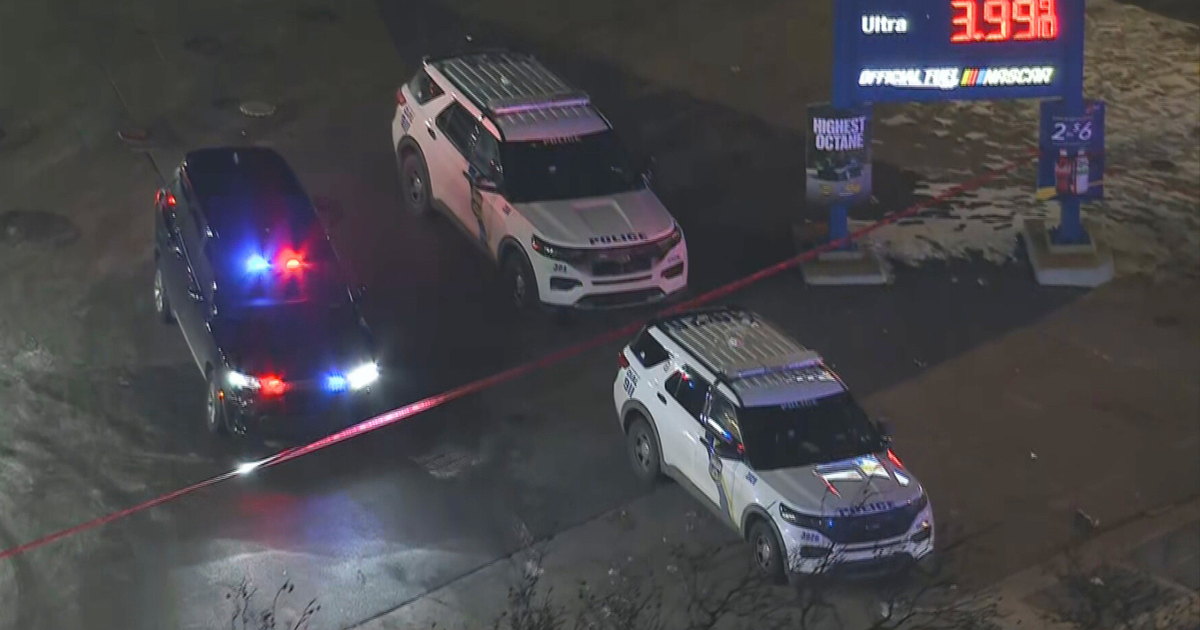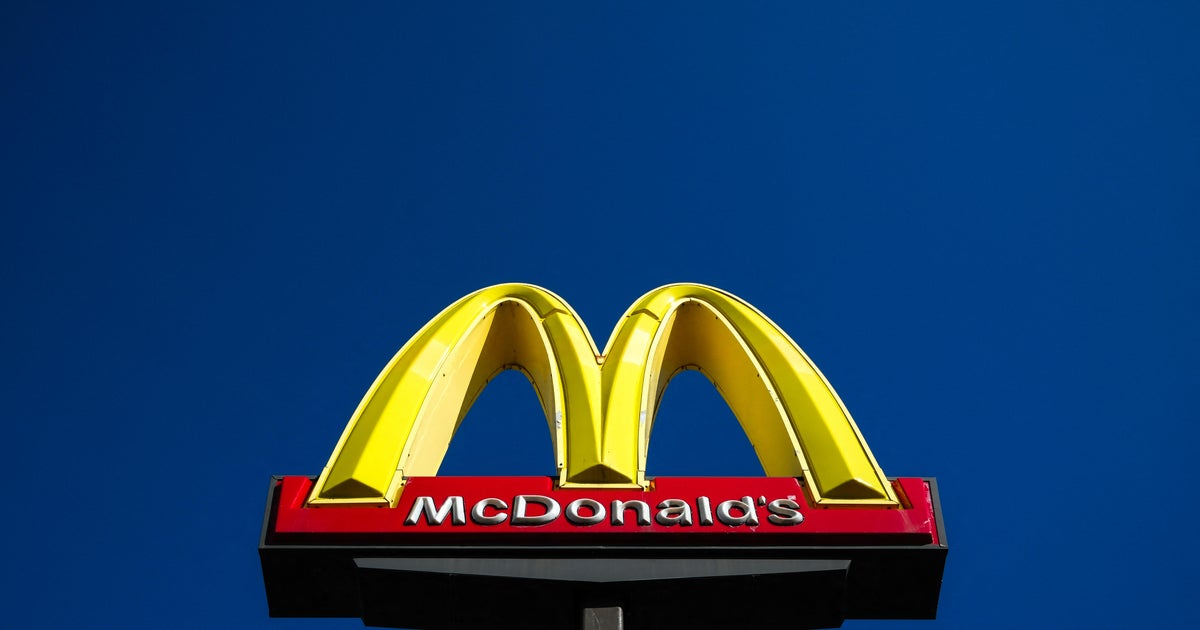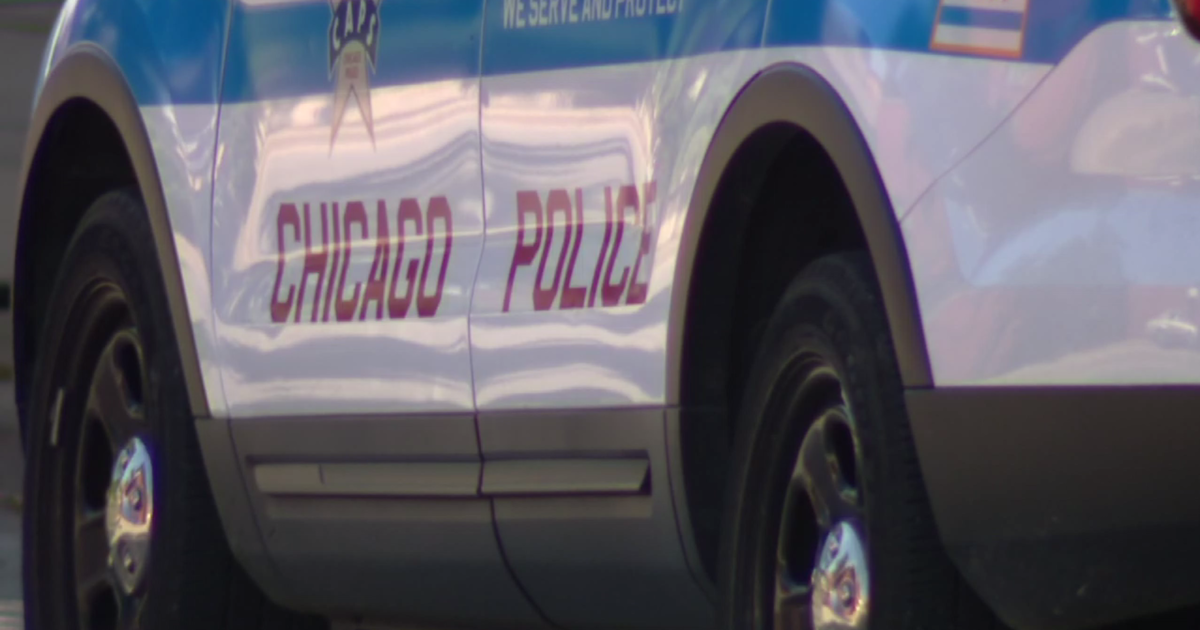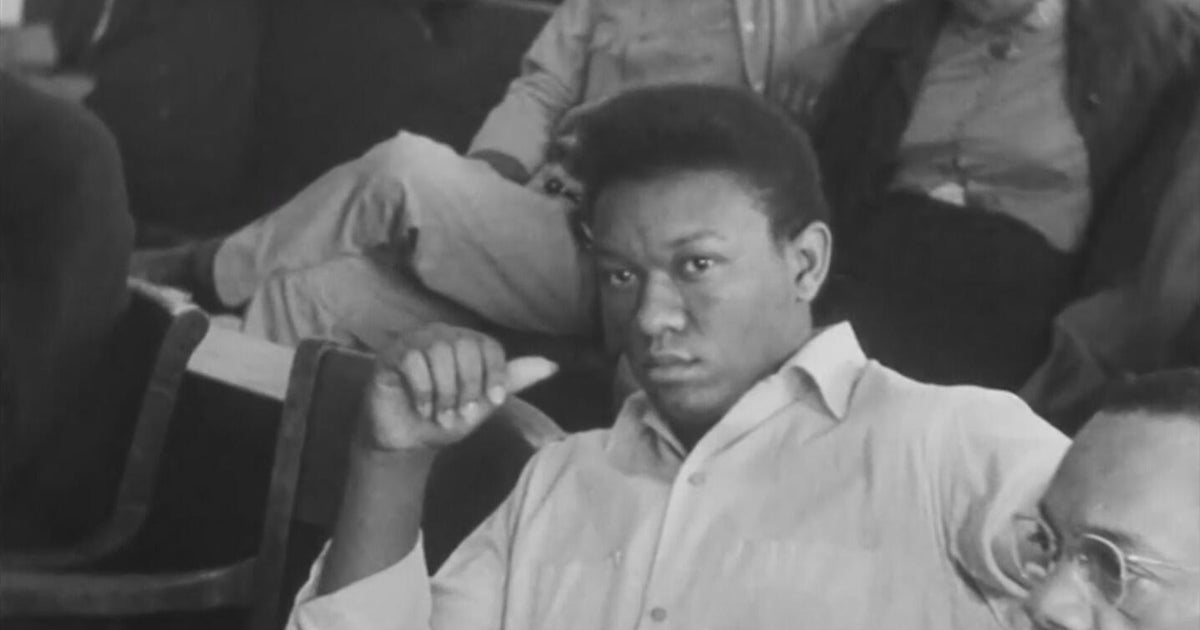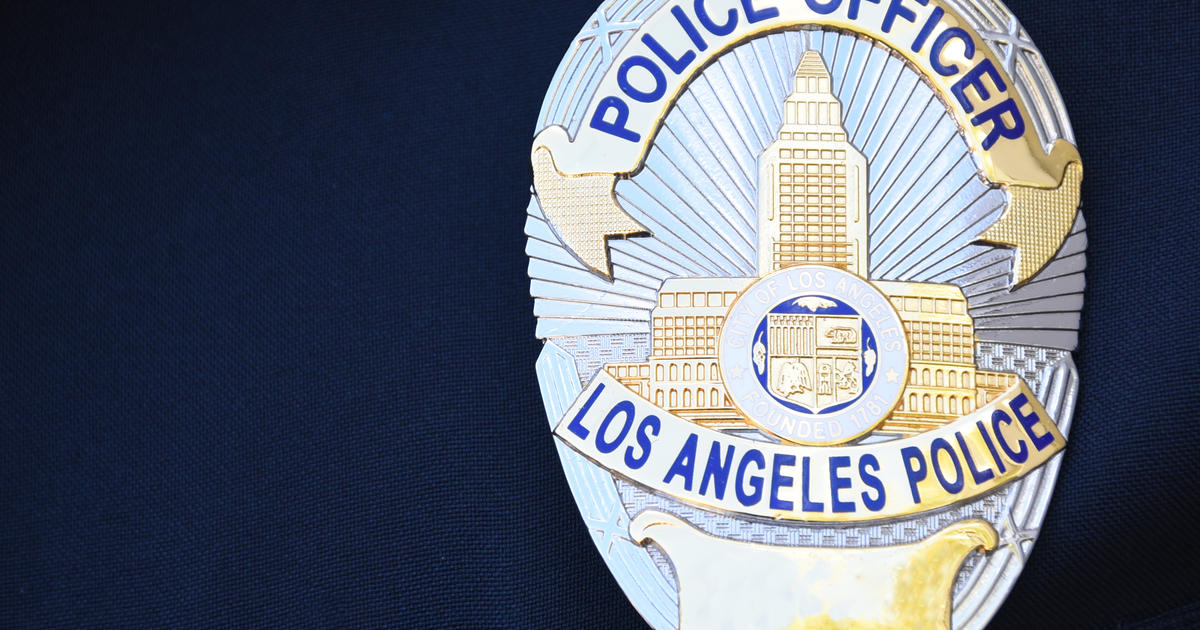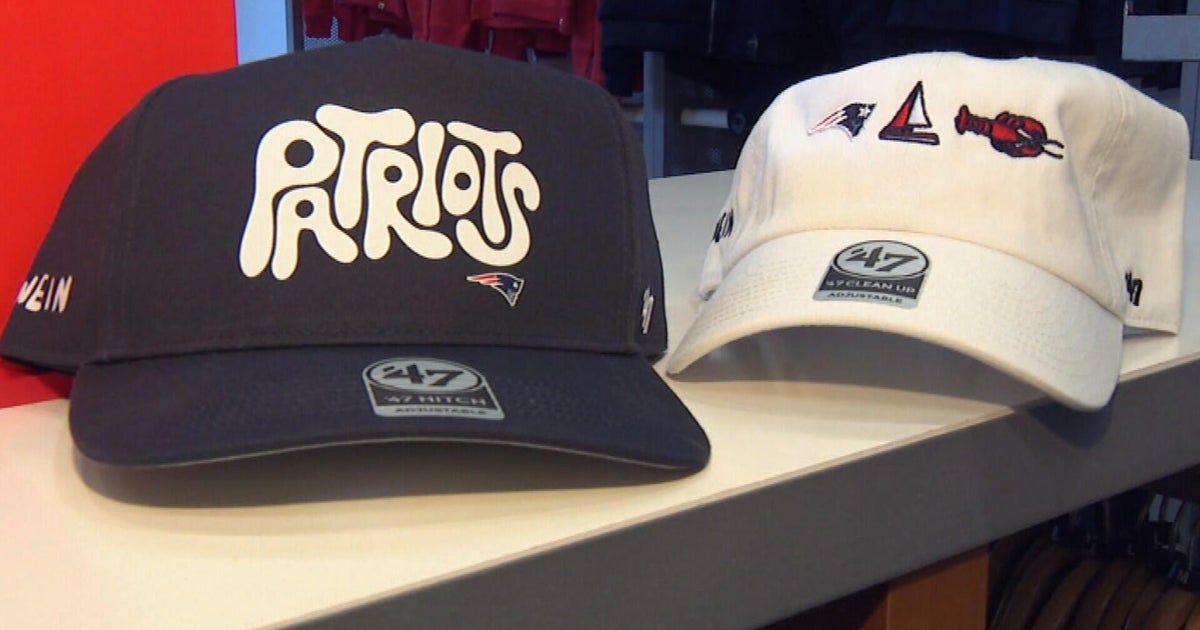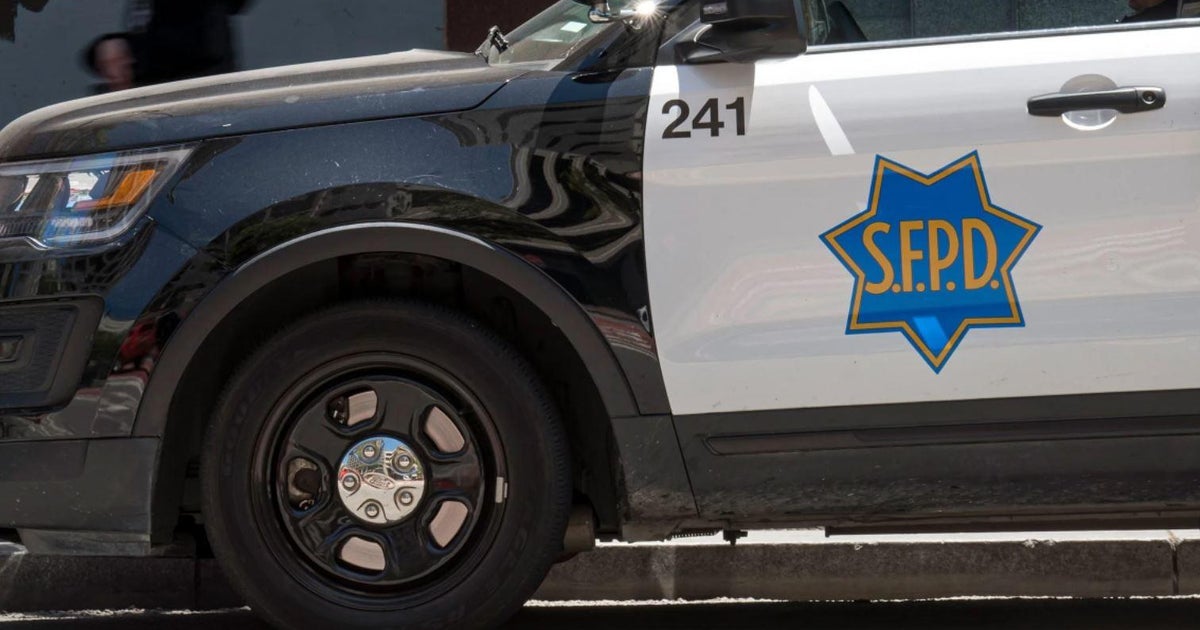Allen Police, DEA raid 9 vape shops over sale of "potent" THC products to youth
ALLEN — In vape shops across the city of Allen, officers scooped up evidence and marched out business owners in handcuffs.
In a coordinated raid, they struck nine locations simultaneously.
If you happened to be driving down Main Street, you would have noticed them in strip malls, lights flashing.
"It's being sold right in front of our eyes," said police chief Steve Dye.
Dye says the stores involved, more than a third of the vape shops within Allen city limits, were all caught marketing and selling products with illegal levels of THC, a compound derived from marijuana.
"We did multiple rounds of undercover operations, including sending minors in, and many of them were able to buy the THC underage. And then we started testing those products and we found that the vast majority of those products were well over the .3%," he said.
Early Wednesday morning, an attorney representing some of the vape shops in a federal lawsuit against the DEA called the raids "legally questionable."
"These local, family-owned businesses are operating legally. The Allen, Texas Police Department and the DEA overstepped their authority by destroying products, taking point-of-sale systems and records, and confiscating personal computers belonging to employees," said David Sergi of San Marcos-based Sergi & Associates.
Legal status of hemp in Texas
Since 2019, Texas has allowed products with up to .3% THC – that's one-third of 1% – to be sold legally as hemp.
Dye said state labs found shops in Allen selling items with levels over 15% and in one case as high as 78%.
"We realized the potency of these THC products was even far stronger than we had ever imagined," he said.
The crackdown in Allen may appear in sharp contrast to decriminalization efforts in Texas cities like Austin and Denton, where voters have approved measures preventing police from filing criminal charges for low-level marijuana possession.
CBS News Texas asked Dye why targeting THC sales is a priority in Allen.
"I can tell you, I've had nine out of ten citizens tell me that they're concerned about these smoke shops," he said. "I think we should all care about this. When you walk in these stores, a lot of these products are marketed particularly for young people. They look like candy. They look like chips, they look like soda."
Pictures provided by the US Drug Enforcement Administration, which assisted with the raid, show a bag of chips labeled "Doweedos", cookies labeled "Trips Ahoy" and candy labeled "Medicated Skittles."
"We've seen percentages of THC in the high teens, upwards of 60, 65%. That is almost toxic levels of THC when you think about it. And is that what somebody is expecting to get?" asked DEA Special Agent In Charge Eduardo Chavez.
He believes customers can easily think they're buying something legal.
"These are not the days of the dark street corner where you're going to have a hand-to-hand drug buy with some stranger and, you know, cue the tense music in the background, right?" he said. "There is a consumer-business relationship. There's a cash register. It smells good."
Chavez, though, says, there's little consistency in these products' THC levels, which can be much higher than indicated on packaging.
If customers can't tell what's legal, how can officers be sure shop owners know?
Some have admitted to knowing, Dye said
"When we've gone in there in an undercover capacity, they told us what the hot products are, what gets you higher than other products…. They're actually telling us at times, 'Hey, be sure and hide this in your car, so if the police stop you, you won't get arrested'."
Dye doesn't believe this is what state lawmakers intended when they legalized hemp and he hopes to work with them to change it.
"To dial this back into where products so for health benefits are still legal. That's not our concern. But these illegal products that are, again, being marketed and sold to our youth? We've got to eradicate that again," he said.
